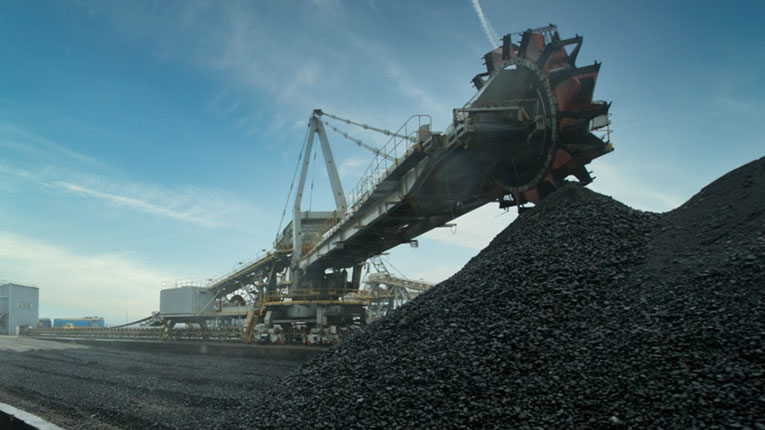All of Europe is anxiously checking the storage levels of its gas depots these days as Russia’s ongoing invasion of Ukraine threatens to upend the continent’s main gas supply. However, what most fail to consider are the vital train wagons full of an old-timey fuel that keeps Europe running: coal, according to Euractiv.
Coal is tied to the history of industrialisation. It played a significant role in manufacturing arms for the most horrific wars in human history, but it was also at the centre of the European peace project.
“The pooling of coal and steel production” would be the foundation of a European federation and peace on the continent, said Robert Schuman.
As Europe progressed, coal became a dirty mineral and polluter that climate policies aimed to consign to the past. Coal mines shut by the droves, and Europe sought to rid itself of its dirty coal habit by expanding nuclear power capacities, gas power and all-important renewables.
But we are far from done with coal, it seems.
While Europe has been making enormous strides in shedding coal from its energy system, with countries like Belgium, Austria, and Sweden already coal-power-free, the recent energy crisis and the war in Ukraine have put coal back in the spotlight.
Europe imports 55% of its coal from Russia. Now the EU’s attempted divorce from the Kremlin jeopardises that supply.
In Germany, France, Belgium, Spain, Poland, and the Netherlands, the dependence on Russian coal is especially pronounced, ranging from 87% in the case of Poland to Spain’s 44%.
Uncomfortable times make for uncomfortable realisations, and politicians are often forced to recognise that dark times could be just around the corner.
Take Germany. To this day, houses in Berlin, the capital of the world’s fourth-largest economy, often considered a climate forerunner, are, for a large part, heated with coal.
Thus, it fell to green Vice-Chancellor Robert Habeck to solve this. Last week, he announced his intention to go against his party’s grain and establish national strategic stockpiles for coal and gas.
It is perhaps one of the more uncomfortable awakenings of the divorce from Russia currently underway.
Of course, leaders both in Germany and the EU will point to a long term future of renewables saving the day. In fact, many have begun to talk about the EU Green Deal as a security policy to reduce Europe’s reliance on Russia.
“[Investing in renewables] is a strategic investment because … less dependency on Russian gas and other fossil fuel sources also means less money for the Kremlin’s war chest,” European Commission President Ursula von der Leyen said on Tuesday.
The Green Deal is not a new policy. Europe committed to going climate neutral by mid-century in 2021, but renewable energy expansion has become much more urgent.
“Renewable energies are now the key to a strong, independent Europe beyond climate change,” Simon Müller, head of the German office at the think-tank Agora Energiewende said.
Energy autarky may be the next step needed to ensure lasting peace in Europe at a time when it is more threatened than ever before. And the only way to achieve that will be to finally leave coal behind and take a bold step into a brave new world of fully renewable energy.
